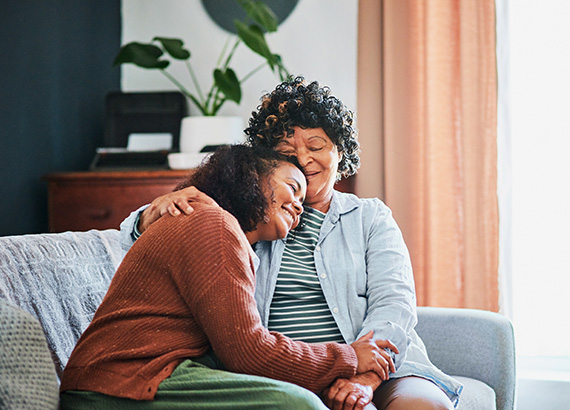Elderly Carer Fatigue

At Vermont Aged Care, we've had the privilege of getting to know the families of our residents, learning about the challenges they face before entrusting their loved ones to us. A recurring theme we see is Elderly Carer Fatigue - a common but often unrecognised experience among those caring for elderly family members.
What is Elderly Carer Fatigue?
Do you feel constantly stressed, tired, or even occasionally depressed? You may be experiencing Elderly Carer Fatigue, a condition that can arise when caregiving becomes a round-the-clock responsibility. Caring for a loved one is a demanding and noble task, but it’s crucial to remember that your own health and well-being matter too.
Carer fatigue often presents with symptoms such as irritability, loss of appetite, trouble sleeping, and frustration toward friends or family. Recognising these signs can help you find ways to support your own health and prevent burnout. Here are some strategies that may help.
Supporting Your Mental Health
Maintaining mental balance while caring for someone else requires setting aside time for self-care. This might mean listening to your favorite music, watching a show you enjoy, or taking a quiet break outdoors. Remind yourself that a healthy balance between caring for your loved one and looking after your own needs is sensible and sustainable. In cases where illnesses like Alzheimer’s or Parkinson’s are involved, reassure yourself that you’re doing your best. If possible, arrange for a trusted friend or relative to spend time with your loved one to give you a regular break.
Taking Care of Your Physical Health
Eating well and finding joy in your meals is essential to staying physically healthy. Ensure you’re eating the foods you enjoy and practicing moderation. Exercise is also a key part of maintaining good health, but it doesn’t need to involve formal workouts - try walking, gardening, or dancing to keep your heart healthy and your spirits up. And if you’re not feeling well, consult your GP for a health check to address any issues you might be overlooking.
Nurturing Your Emotional Health
Emotional signs of caregiver fatigue can include withdrawal from loved ones, feelings of isolation, and frustration. Recognise these feelings as signs to reach out for help. Sharing your emotions with someone you trust can help you process difficult feelings without damaging your relationship with the person you’re caring for. If you’re feeling overwhelmed financially or emotionally, explore available support networks, which can include family, government resources, and specialized associations.
In Conclusion
Remember that it’s natural to have ups and downs—even when you’re not caring for an elderly relative. You are not alone; local councils, care charities, and volunteer associations offer support for carers. Your local council is a great place to start, as they can provide a wealth of resources, including information on transport services if that’s a challenge.
This blog is intended to provide general advice. Please consult your GP for personalised information, or reach out to Vermont Aged Care for specialised support.

